The Best Things You Should Do If You Have Heart Palpitations
A heart palpitation is the sensation of a fluttering, rapid, or unusually strong heartbeat. Affected individuals may feel like their heart has skipped a beat or is racing or pounding in their chest. They can be triggered by many different lifestyle choices or environmental factors such as stress, medications, physical activity, or certain substances. While these irregularities in an individual's heartbeat are usually harmless, they can sometimes indicate serious cardiovascular issues. Any chronic heart palpitations that occur for more than a few days should not be taken lightly and might require immediate medical attention.
Learn about what everyone should do if they experience heart palpitations now.
Consult A Doctor

This one should be obvious. An individual's heart health should not be neglected or ignored, no matter how healthy they might consider themselves to be. The first sign of heart palpitations should be reported to a doctor immediately. While these palpitations are usually harmless and the result of environmental factors or stress, they can sometimes indicate life-threatening issues or heart defects. A doctor can perform several non-invasive procedures to determine whether or not palpitations might be due to a serious medical condition.
Keep reading to find out what else individuals should do if they are experiencing heart palpitations.
Stop Any Exercise Until A Doctor Approves

Heart palpitations are seldom life-threatening, but this does not mean they should be taken lightly. Some heart palpitations can indicate defects or abnormalities in the valves or ventricles of the heart. Increased heart rate and blood flow can exacerbate these issues and create heart attacks. Whenever an individual experiences heart palpitations, they should immediately halt any exercise or strenuous physical activity that can increase their heart rate. These types of activities also include sexual activity or entertainment pursuits that can get the heart beating more quickly.
Reveal why individuals dealing with heart palpitations might need to stop consuming caffeine now.
Lay Off The Caffeine And Other Stimulants

Heart palpitations can sometimes be caused by substances that increase the heart rate. Caffeine, nicotine, many narcotics, and even some over-the-counter medications, such as cold medications, can make an individual's heart beat more quickly. When heart palpitations are experienced, cutting off the use of these substances can help individuals determine if palpitations are simply a result of a little too much coffee. If the symptoms linked to heart palpitations clear up after a few stimulant-free days, it's a good sign that it might be time for the individual to make some dietary or lifestyle changes.
Next, uncover the lifestyle habit that is essential to break for a healthier heart.
Stop Smoking Or Take A Break
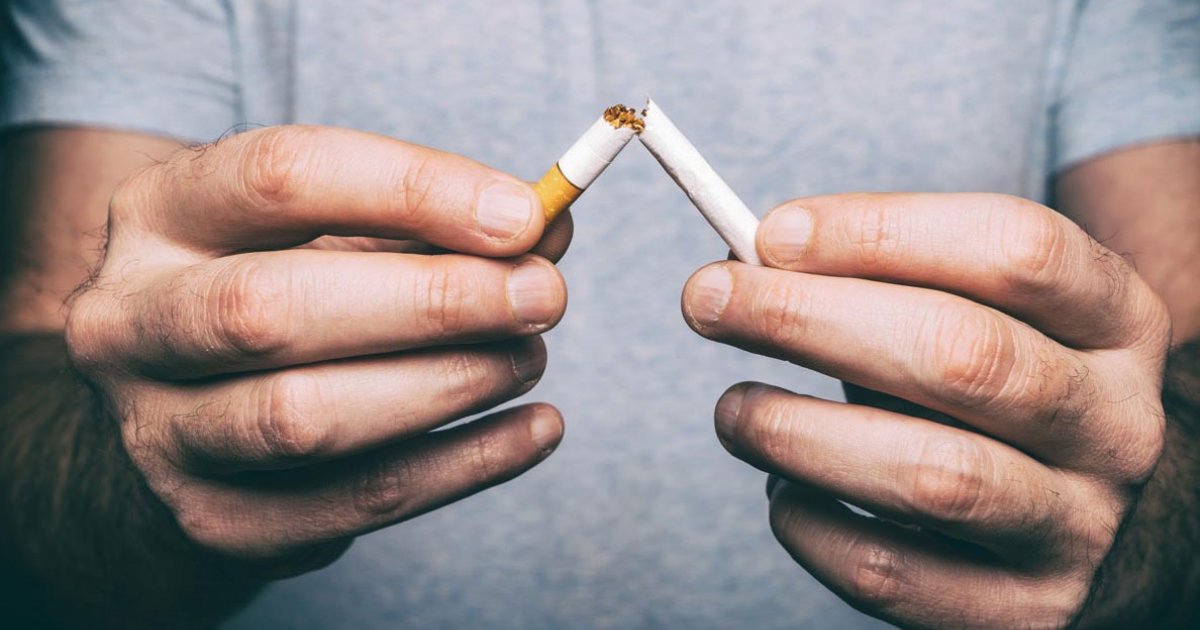
Quitting smoking or not smoking at all is one of the most significant lifestyle choices individuals can make for their overall health. Smoking can cause a variety of respiratory and cardiovascular issues, including heart palpitations. The nicotine in tobacco is a stimulant and can increase an individual's heartbeat or even lead to heart palpitations. Some individuals, likewise, experience heart palpitations after smoking other substances. When smokers experience heart palpitations, putting the cigarettes down for a few days can help determine if smoking is the cause or if other issues might be present.
Discover the importance of relaxing when it comes to treating heart palpitations next.
Relax
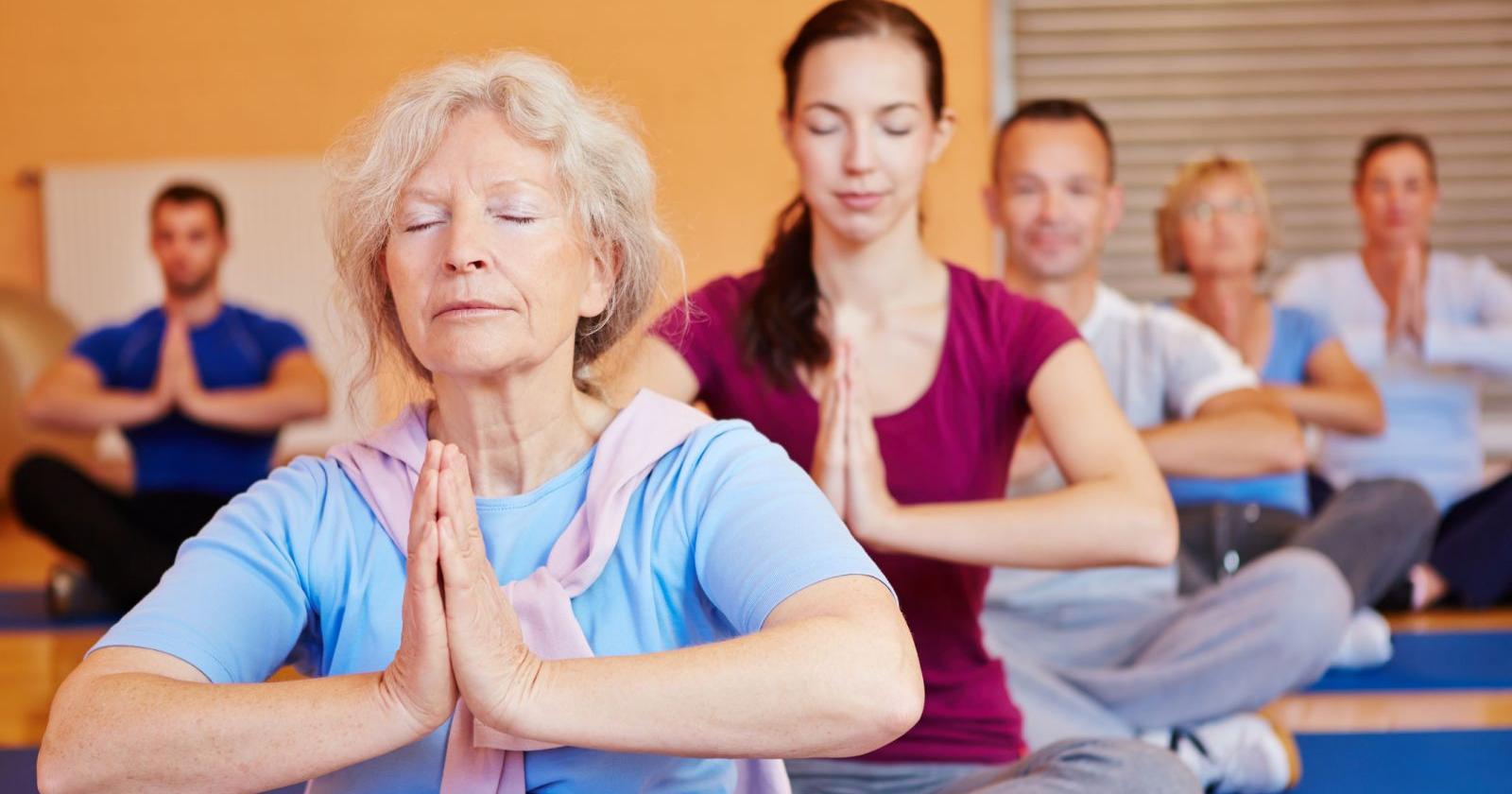
Life is too short to be stressed out all the time. Furthermore, the most common cause of heart palpitations is stress. When some individuals become overly stressed, they can experience fluttering or rapid heartbeats. Often, these symptoms are incorrectly assumed to signify cardiac arrest or other serious issues. Whenever heart palpitations are experienced, individuals should immediately stop what they are doing and relax. Chronic heart palpitations and stress alike can often both be relieved through relaxing activities such as yoga, tai chi, or hobbies such as painting or knitting.
Continue reading to uncover more information on dealing with heart palpitations effectively now.
Practice Deep Breathing And Meditation
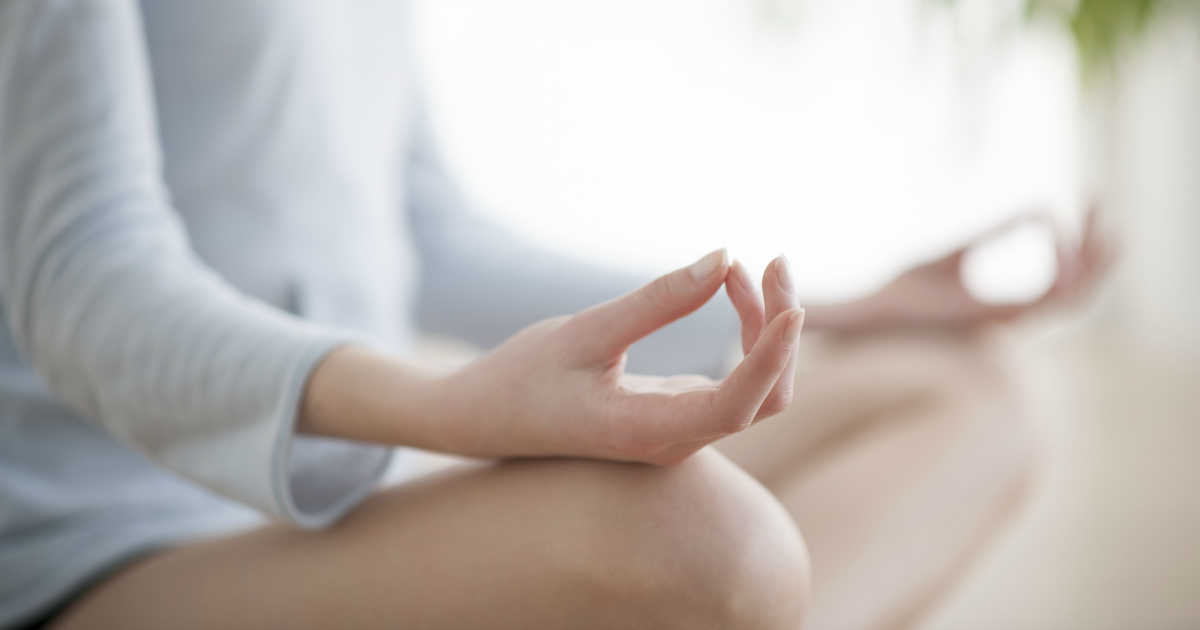
An individual who has difficulty coping with frequent heart palpitations can practice deep breathing exercises and meditation to try and calm their racing heart. The type of breathing known to help calm a racing heart is slow and deep, where the abdomen rises and falls. This mechanism is achieved when an individual inhales through their nose and exhales through their mouth. This type of breathing should be continued until the symptoms subside. Another breathing exercise a patient can perform to help alleviate their palpitations is the Valsalva maneuver, which affects the vagus nerve, the nerve responsible for the heart rate. Methods of meditation, such as yoga and tai chi, have also proven to be successful at alleviating palpitations. Meditation can help reduce levels of stress hormones by relaxing the mind. Stress hormones cause an increase in blood pressure, heart rate, and respiration rate when they are released into the body.
Discover additional options for managing heart palpitations now
Exercise Regularly
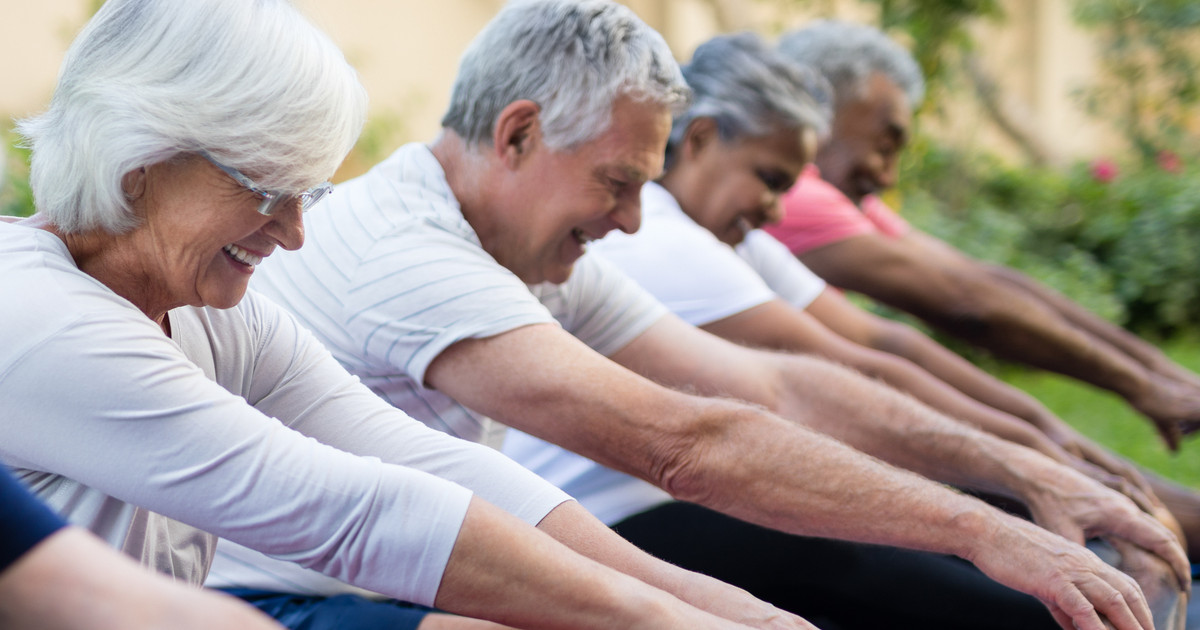
Patients who frequently experience heart palpitations can help reduce their symptoms by getting regular exercise and living an active lifestyle. Many heart problems that cause an individual to have heart palpitations can be caused by a sedentary or non-active lifestyle. By treating the underlying issue with a regular exercise routine, a patient can reduce the frequency of their heart palpitations. The heart needs to be used and exercised to stay strong and healthy, just like any other muscle in the body. Exercise can also help decrease the frequency of stress hormone release, which is known to increase an individual's respiration rate, blood pressure, and heart rate. Abnormal heart rhythms that cause palpitations can be the result of coronary artery disease or high blood pressure, which are both more prevalent in overweight and obese individuals. Exercising regularly can help an individual achieve a healthy weight and remain at a healthy weight, reducing the incidence of palpitations brought on from conditions like high blood pressure.
Uncover more tips for treating heart palpitations now.
Maintain A Healthy Diet

An individual who maintains a healthy diet is less likely to experience unpleasant episodes of heart palpitations than someone who consumes an unhealthy diet. The food and drinks an individual consumes are extremely important and relative to the health of their heart and cardiovascular system. A healthy diet that is low in fat and processed foods makes an individual less likely to experience the accumulation of plaque in their arteries that can produce palpitations. An individual who eats a healthy diet receives all of the essential nutrients and vitamins required for the electrical system and muscle tissues of their heart to function properly. Deficiencies in certain vitamins or minerals can make an individual experience heart palpitations because of irregular electrical impulses. Vitamin and mineral deficiencies can cause an individual to experience palpitations as a result of the heart attempting to compensate for a lower than normal blood oxygen level. A diet rich in iron, folate, fiber, omega three fatty acids, unsaturated fats, magnesium, vitamin K, and antioxidants is best to maintain optimal heart health and avoid symptoms like heart palpitations.
Learn more about dealing with heart palpitations effectively now.
Consider Alternative Medications

Patients on certain medications known to produce heart palpitations as a side effect may want to consider taking an alternative if their symptoms become too disruptive to their everyday life. Common medications with heart palpitations as a known side effect include pseudoephedrine and other cold medications, certain asthma inhalers, serotonin and norepinephrine reuptake inhibitors, tricyclic antidepressants, some hormonal birth control pills, decongestant medications, biological therapies, stimulant medication, and some immunosuppressants. Many of these medications can cause a net increase in an individual's heart rate and blood pressure that makes them more likely to experience abnormal heart rhythms. Increases in heart rate and abnormal heart rhythms are known to cause cardiac symptoms such as a racing heartbeat and heart palpitations. Not everyone who takes the aforementioned medications will experience palpitations, but numerous alternatives are available for patients who are unable to tolerate their medication because of this adverse side effect.
Read more about managing heart palpitations now.
Try Splashing With Cold Water
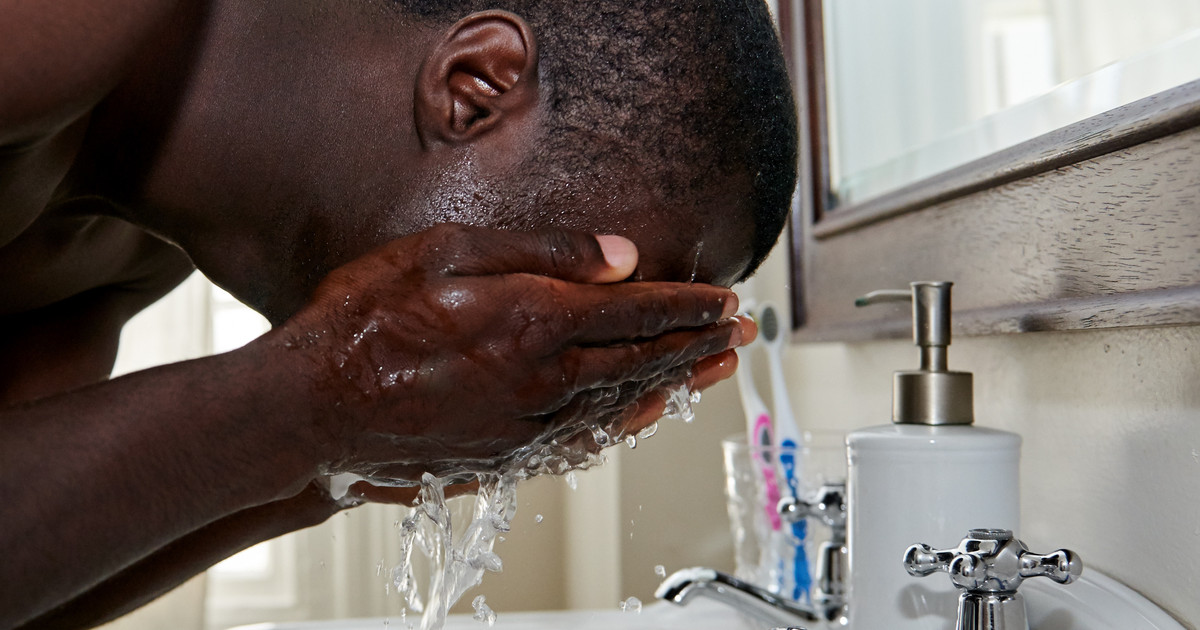
Patients affected by regular heart palpitations can try splashing cold water on their face when they are experiencing symptoms. An individual's heart rate and numerous other autonomic functions are controlled by their parasympathetic nervous system. The vagus nerve or tenth cranial nerve is extremely complex and transmits information between the brain, abdomen, chest, and neck. Taking a shower in cool water or splashing cold water on the face can cause the indirect stimulation of the vagus nerve. This method is thought to work because an individual's body has to adjust to the cold temperatures it is exposed to. During this temperature adjustment, the activity of an individual's sympathetic nervous system decreases, and the activity of their parasympathetic system increases. This mechanism forces the vagus nerve to reset the rate of the affected individual's heart. Resetting the heart rate through vagus nerve stimulation can help alleviate palpitations being caused by a high heart rate or abnormal heart rhythm.
